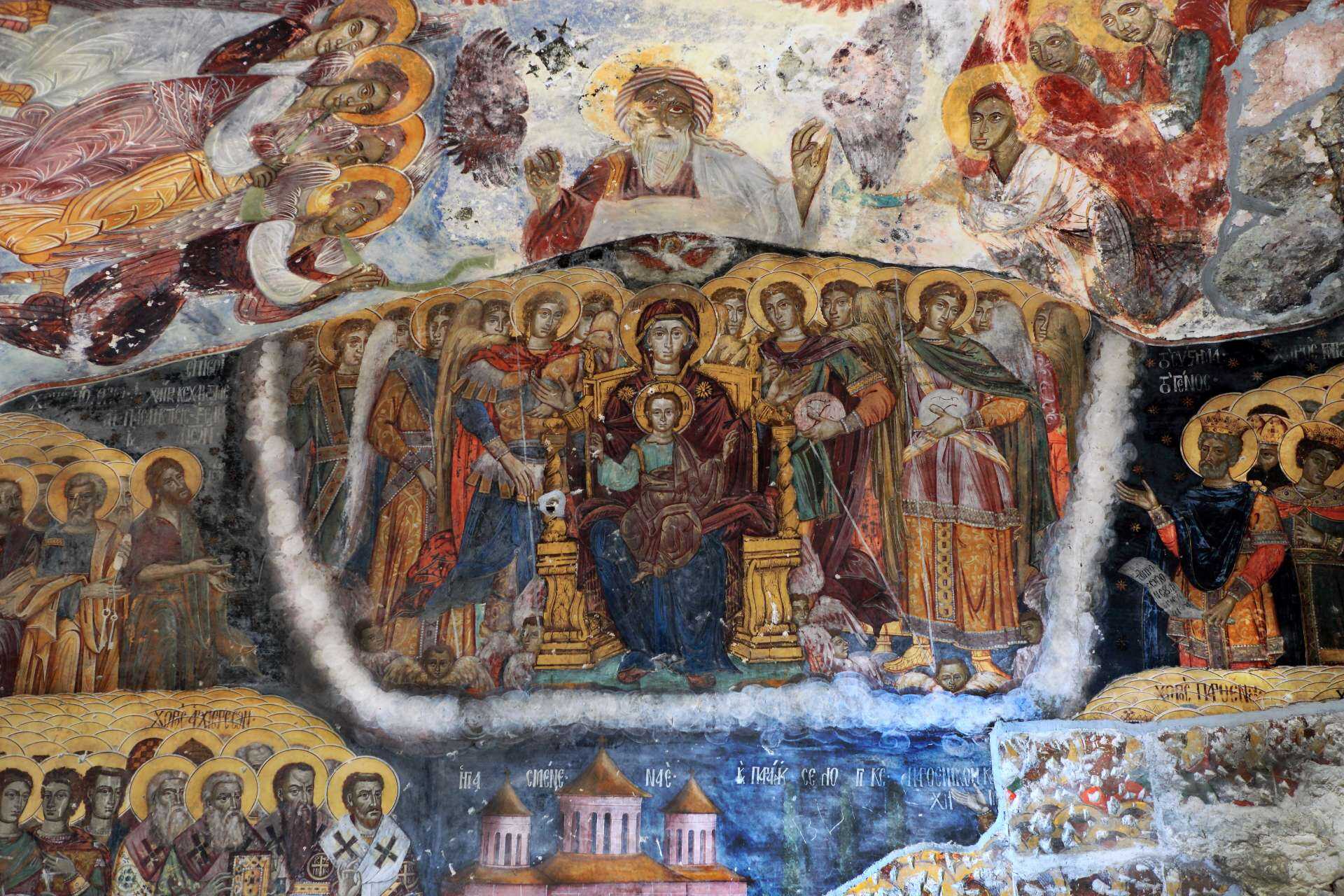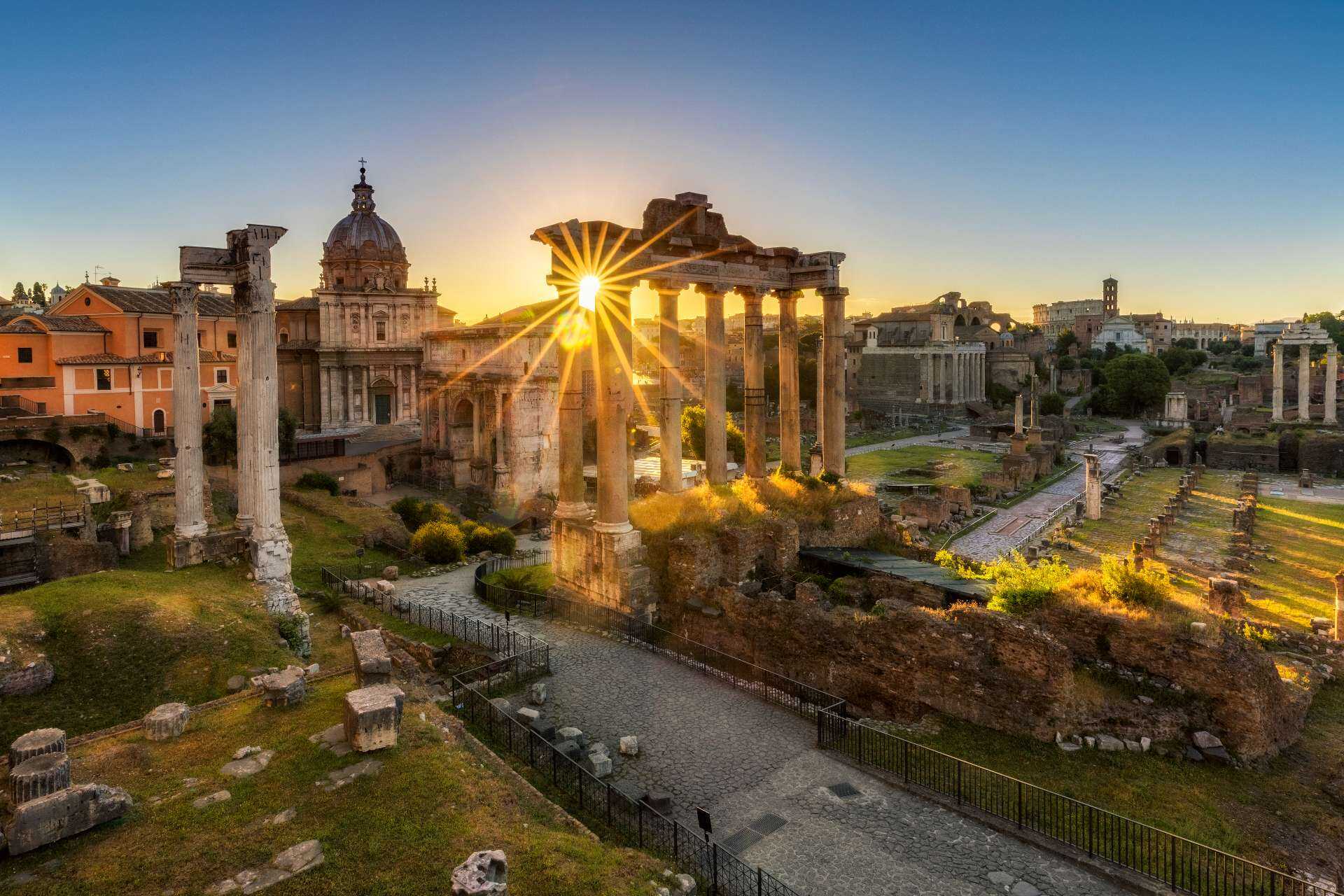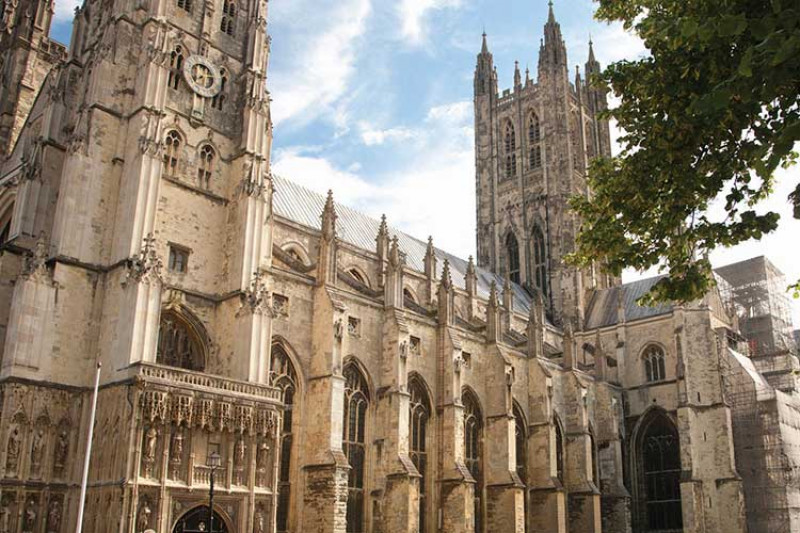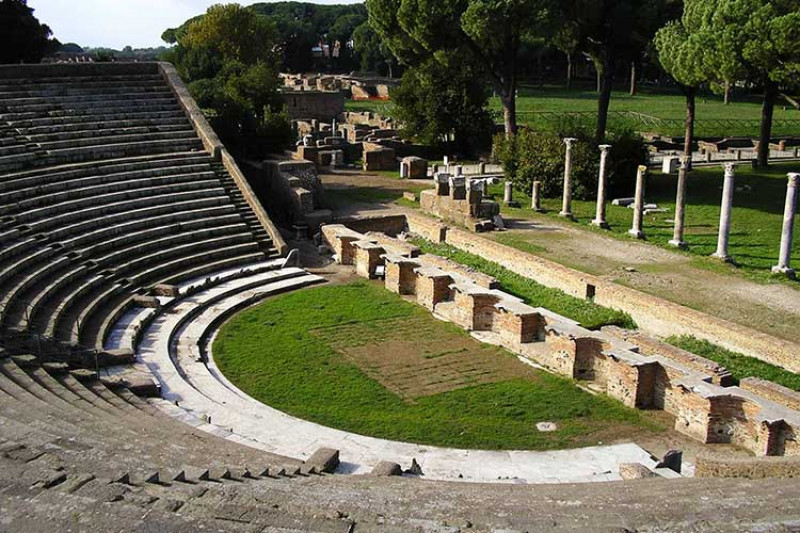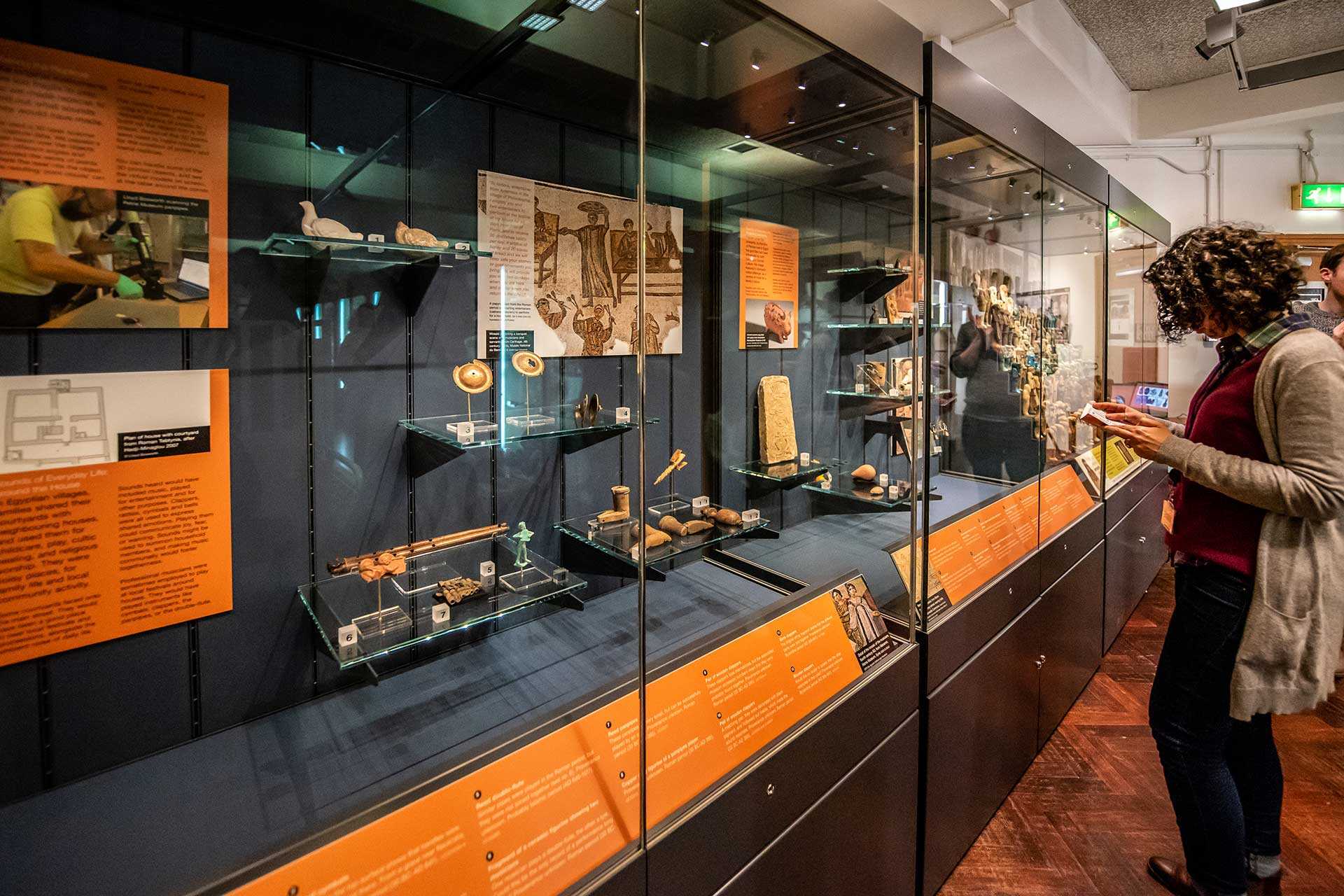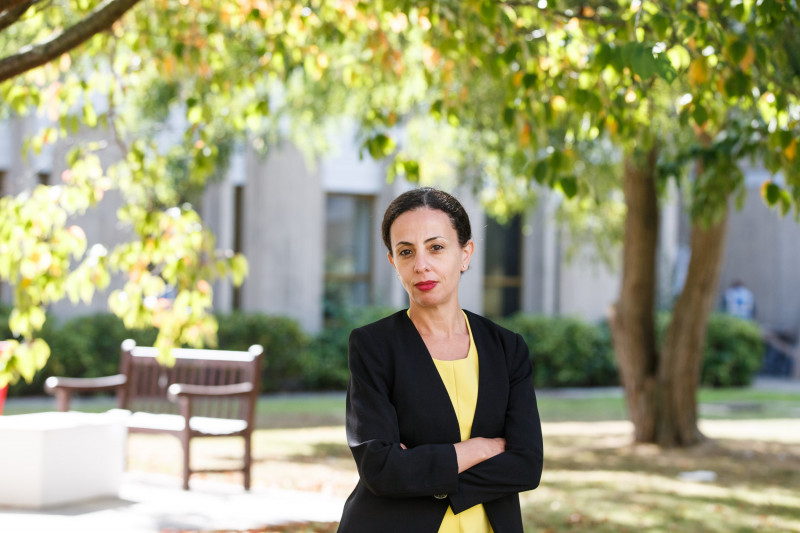The Department has a distinctive and broad research culture that is characterised by its interdisciplinarity. Our research clusters and centres extend across ancient history, archaeology, Byzantium, classics, heritage and reception, forming a stimulating research environment.
They comprise: Artefacts and Society; Health, Well-being and the Senses; Ancient History and Archaeology of Egypt; the Centre for Late Antique Archaeology; and the Centre for Heritage.
We also run a programme of seminars, where external speakers talk on themes relevant to our clusters and centres and address broader questions and topics outside the specialisms of our staff.
In recent years we have hosted major international conferences including the Classical Association Conference (CA) and the Theoretical Roman Archaeology Conference (TRAC).
Our staff have won prestigious awards from organisations including the:
- Arts and Humanities Research Council
- European Cultural Foundation
- Leverhulme Trust
- Royal Society of New Zealand
- British Academy.
In addition, our specialised Archaeology Laboratory has state-of-the-art equipment for geophysics, laser scanning and compositional analysis, as well as a specialist technician.






